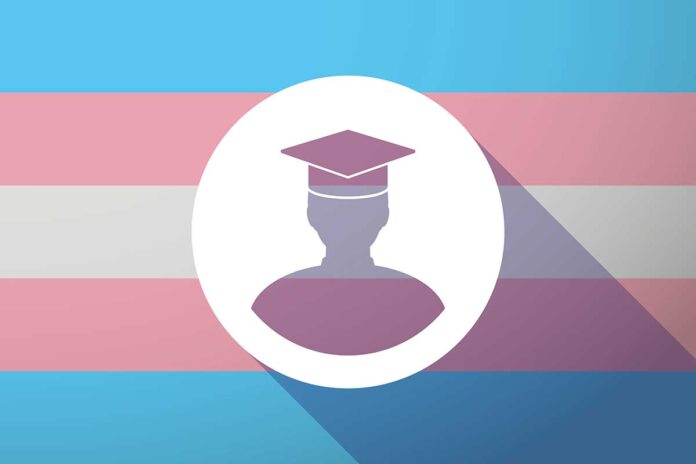As educators, one of our greatest joys is watching our students engage in a constant process of identity formation, developing their sense of self and their role in the world each and every day. Our role in building schools of learning is to show every young person that they are valued and respected, not only so they can feel welcome but most especially because it allows them to unlock and meet their fullest potential.
But for many queer, nonbinary and trans youth, this journey toward adulthood has become more dangerous even as these students’ visibility has risen. A 2015 national study found three out of four trans youth feel unsafe in their schools, and statistics show they are more likely to become homeless and drop out of school. As our District finalizes the budget for the coming school year, it’s critically important that we invest in the staff and training necessary to build the inclusive environments these students deserve, and need, to succeed.
Across the country, a coordinated assault within state legislatures has put the lives of trans youth in jeopardy. Legislative bills denying healthcare to some 45,000 trans youth are moving from state to state. Pennsylvania’s own state legislature is considering transphobic legislation denying or restricting student athletes’ participation in sports. Heightened political rhetoric is driving open hostility toward trans, queer and nonbinary youth — and their allies — in school board meetings and in the broader media.
In these fraught times, when young people’s fragile development feels like someone else’s battleground, it’s simply not enough to sit on the sidelines and expect the status quo to sufficiently protect vulnerable youth. That’s why we’ve fought for concrete policy changes within the District to protect queer and trans youth.
Philadelphia has been ahead of the curve in enshrining meaningful rights for trans youth in our schools, including name and pronoun change policies, bathroom availability and use, gender-neutral language, and access to activities that had previously been arbitrarily segregated by gender. City Council extended those same protections beyond our schools, requiring every single youth-serving organization to develop or abide by similar policies which go into effect this summer.
Our city owes it to our young people to stand up in this moment and match our policies with funding, staffing, and comprehensive support. We cannot allow good policies on paper to suffice if they’re not ultimately resulting in the inclusive environments our students deserve.
Safe and affirming schools start with adequate staffing. In the past, we’ve called for a dedicated position to oversee school climate for LGBTQIA youth, especially as more students than ever before self-identify with the queer and nonbinary community. Queer staff and educators must not be expected to shoulder this burden alone.
In-school climate professionals are essential to safe and welcoming school environments. Many young people know the most dangerous places for queer students lie in the unregulated and open spaces of a school: the halls, the cafeteria, schoolyard and other common spaces. Even when there is an LGBTQIA affirming educator in a school, they can only provide so much support. Schools need properly trained climate staff to ensure students feel protected and to guarantee teachers understand and uphold the District’s policies.
While the District has made inroads on policy, it must prioritize communicating with schools to ensure these policies get implemented each and every day, starting in a child’s earliest years. It is essential for trans and gender non-conforming youth to feel validated from a young age. Refusal to engage with these policies cannot be tolerated, and complaints of administrators rejecting their responsibility to enact the policies must be taken seriously and addressed.
The way we protect and affirm queer students is not by reflexively condemning hate — it’s by striving to be a model of what a fully inclusive school system looks like. As our city officially recognizes Trans Day of Visibility on March 31, our youth deserve more than just a day of words. They deserve a school system and city that is on the move and actively investing in and supporting their boundless potential to change the world.
Helen Gym is an at-large member of the Philadelphia City Council and a former public school teacher and community organizer. Maddie Luebbert is an English teacher at Kensington Health Sciences Academy, a neighborhood high school, and they are a proud member of the PFT.

